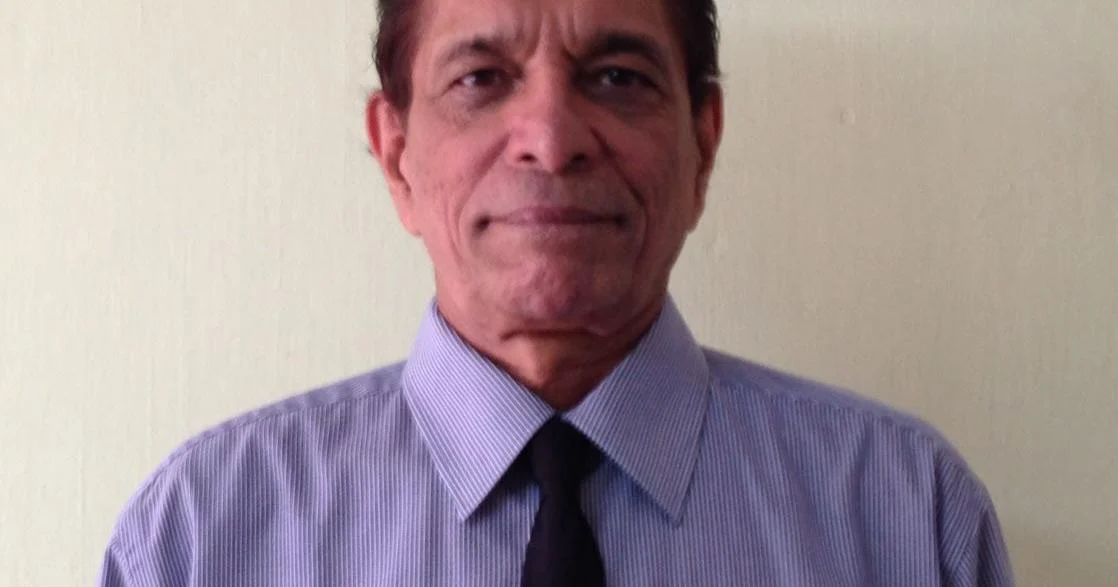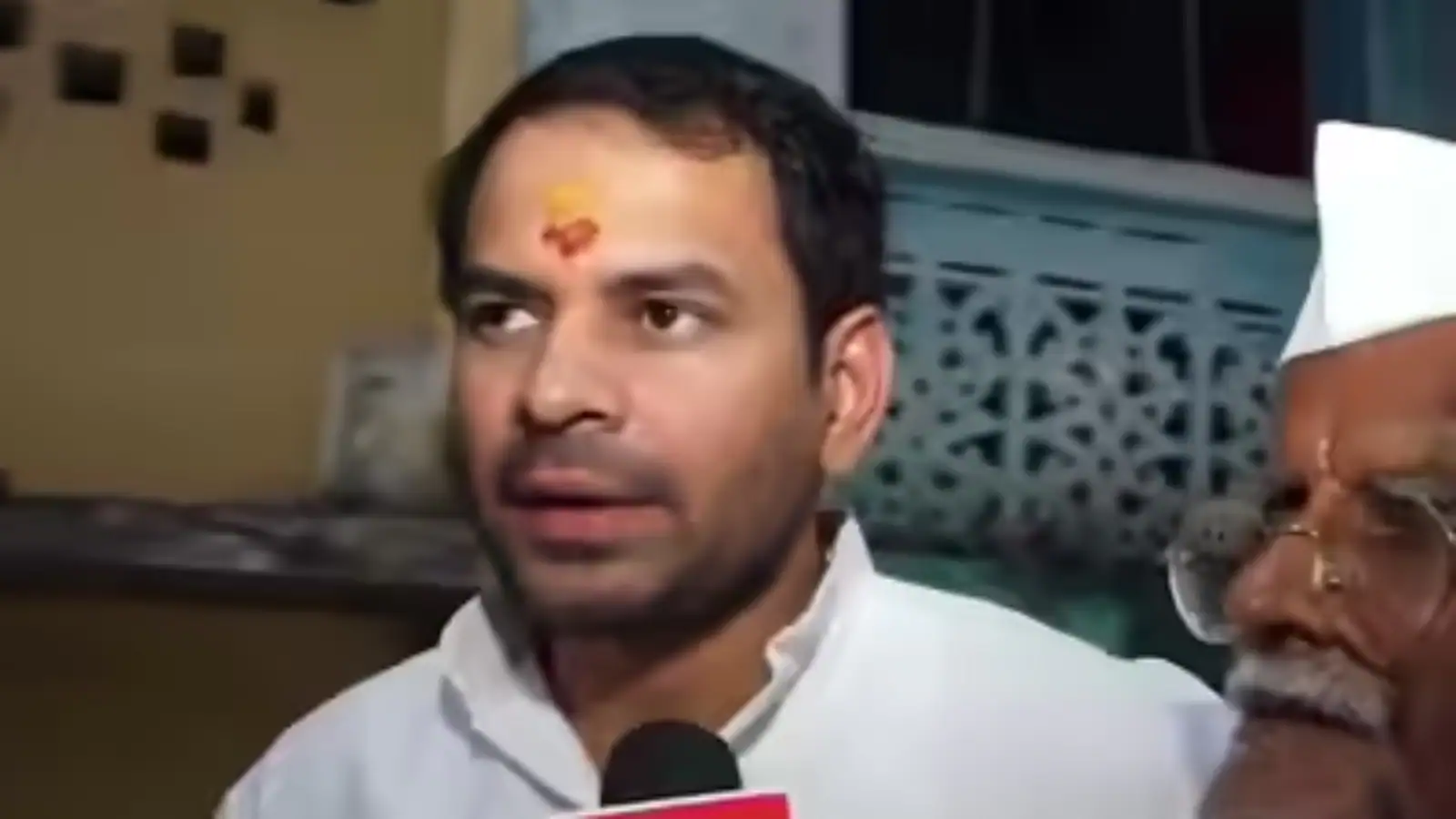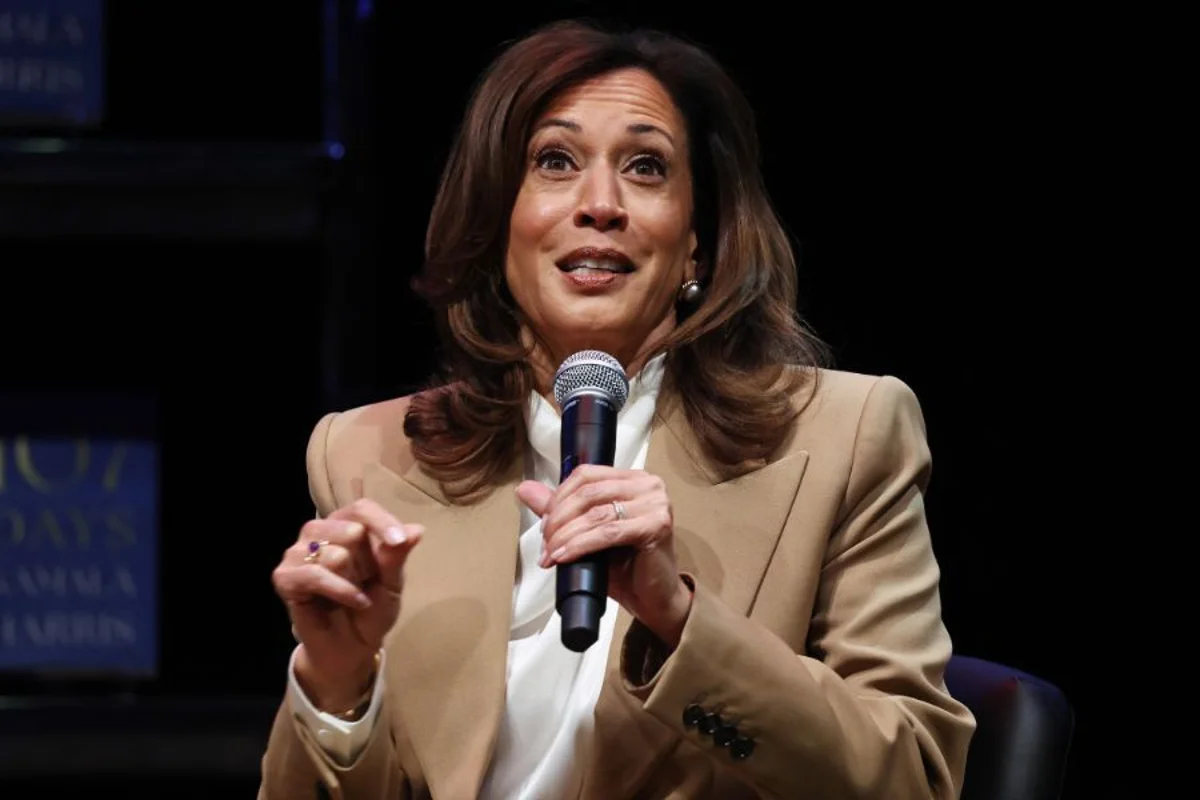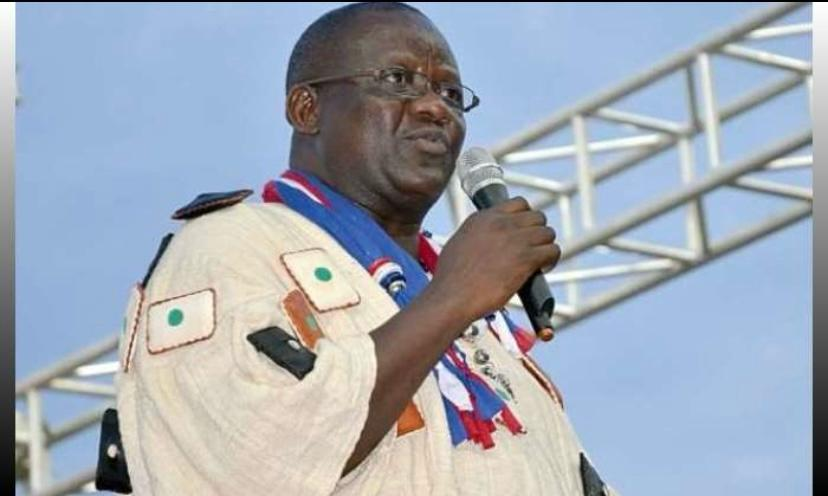Copyright trinidadexpress

In philosophy, art and religion, there is acknowledgement of the dilemma of light and darkness, good and evil, at the heart of human existence. As we celebrate the 80th anniversary of the United Nations this year, we must recognise this very duality if we are to understand the deeply-rooted origin of the most important international organisation humanity has produced. On the road to civilisation, we have had war, violence, bloodshed and conquest as part and parcel of human history. But we also have that desire for peace, freedom, justice, harmony, a sense of the human family that transcends the differences that separate us into different spaces, societies and cultures, each with our own story of how we emerged and how we live. Further, these very differences, while celebrating the wondrous variety and ingenuity of the human species, have also been exploited to accentuate differences to our detriment, often horrifically. The pervading duality at work throughout history and to this very day. In a real sense, therefore, the United Nations has always been in the making, the product of that perennial desire for a higher order of life on this planet. Its permanent residence in the consciousness is seen even in the obvious historical sense. Contextually, we can say the UN is a 20th-century phenomenon that has its origins in Europe. Indeed, the ‘old continent’ also typifies the duality. It has been described as blood-soaked having experienced centuries of war from the fifth to the 20th century. But Europe also moved from the Dark and Middle Ages into the period of the Renaissance, Reformation and the Scientific Revolution, all precursors of the Enlightenment, that liberating intellectual and cultural movement of the late 17th century that peaked in 18th century Europe. The Enlightenment produced leading thinkers, philosophers and visionaries like René Descartes, Jean Jacques Rousseau, Baron de Montesquieu, John Locke, Voltaire, Immanuel Kant and many more. This was the movement that shaped modern western thought, advancing reason, empirical evidence and scientific method. It profoundly influenced art, philosophy, and politics. With its emphasis on individual liberty, the social contract, equality, fraternity, religious tolerance, natural rights and separation of powers, the Enlightenment established the intellectual foundations for the American Revolution (1765-83) and the French Revolution (1789-99), both overturning the suffocating status quo on both sides of the Atlantic and bringing the modern world into being. Both were “the historical bridge that carried Enlightenment ideals into modern global institutions”, both forerunners to the formation of the United Nations. As early as 1795, German philosopher Kant produced his Perpetual Peace: A Philosophical Sketch that envisioned a federation of free states, “each respecting its citizens and welcoming foreign visitors as rational beings”. Kant saw a peaceful world community, cooperating through collective measures to prevent war, “a striking precursor to the formation of the United Nations after World War II”. Seeds of multilateralism in the 18th century! Clearly, the values that pervaded the Enlightenment became “the philosophical DNA of the United Nations”. Two hundred years later! But notwithstanding the illumination, and confirming the duality, the 19th century that followed the Enlightenment was filled with wars, Napoleonic and others, setting the stage for the great World Wars of the 20th century. World War I produced unprecedented devastation and killed 40 million people. The Paris Peace Conference ended it and set up the League of Nations for the resolution of conflicts. But World War II broke out 21 years later with even more horrific consequences. Over 100 million people perished with whole cities, economies and infrastructure destroyed. Millions more were displaced and homeless with starvation and diseases ravaging the world. But that indestructible human desire for peace and international cooperation remained alive and persistent, producing the San Francisco Conference in 1945 with 50 nations represented. A foundational event, it drafted and adopted the UN Charter establishing the groundwork for the UN’s structure and functions. Key bodies like the International Court of Justice were established and the roles of various organs were determined including the General Assembly and the Security Council. On October 24, 1945, the United Nations formally came into existence following ratification of its Charter by the five members of the Security Council: the United States, the Soviet Union, the United Kingdom, France, the People’s Republic of China, and 46 other nations. Eighty years later, 193 nations are members of the UN and humanity has not experienced another world war. And over the past 80 years the plight of many millions in the world’s poorer regions has been eased by UN organs like UNESCO, FAO, WHO and others. Where crises, conflicts and humanitarian disasters occurred, the UN provided victims and the vulnerable with peace-keepers, food, medicines, shelter and safe passage out of danger. Today sustainability of civilisation and prevention of environmental Armageddon are additional UN mandates. Also today, many wonder whether current geopolitical disorder and weakening multilateralism portend terminal threats to the UN. For those who understand the indestructible will and wish that brought it forth, the United Nations will endure in some form or fashion because it is born of the global human heart always wanting the best civilisation possible.



